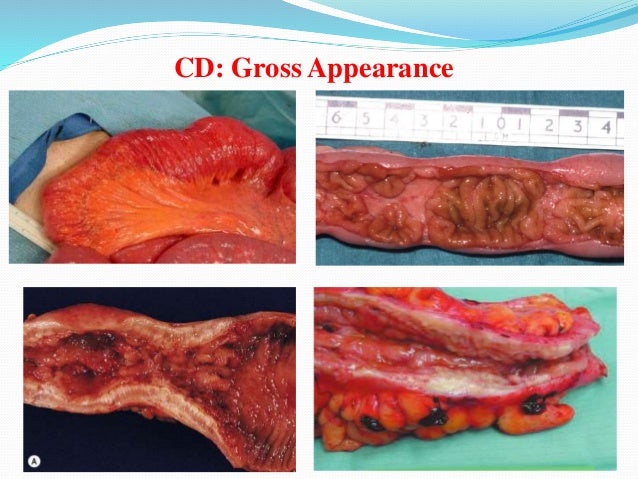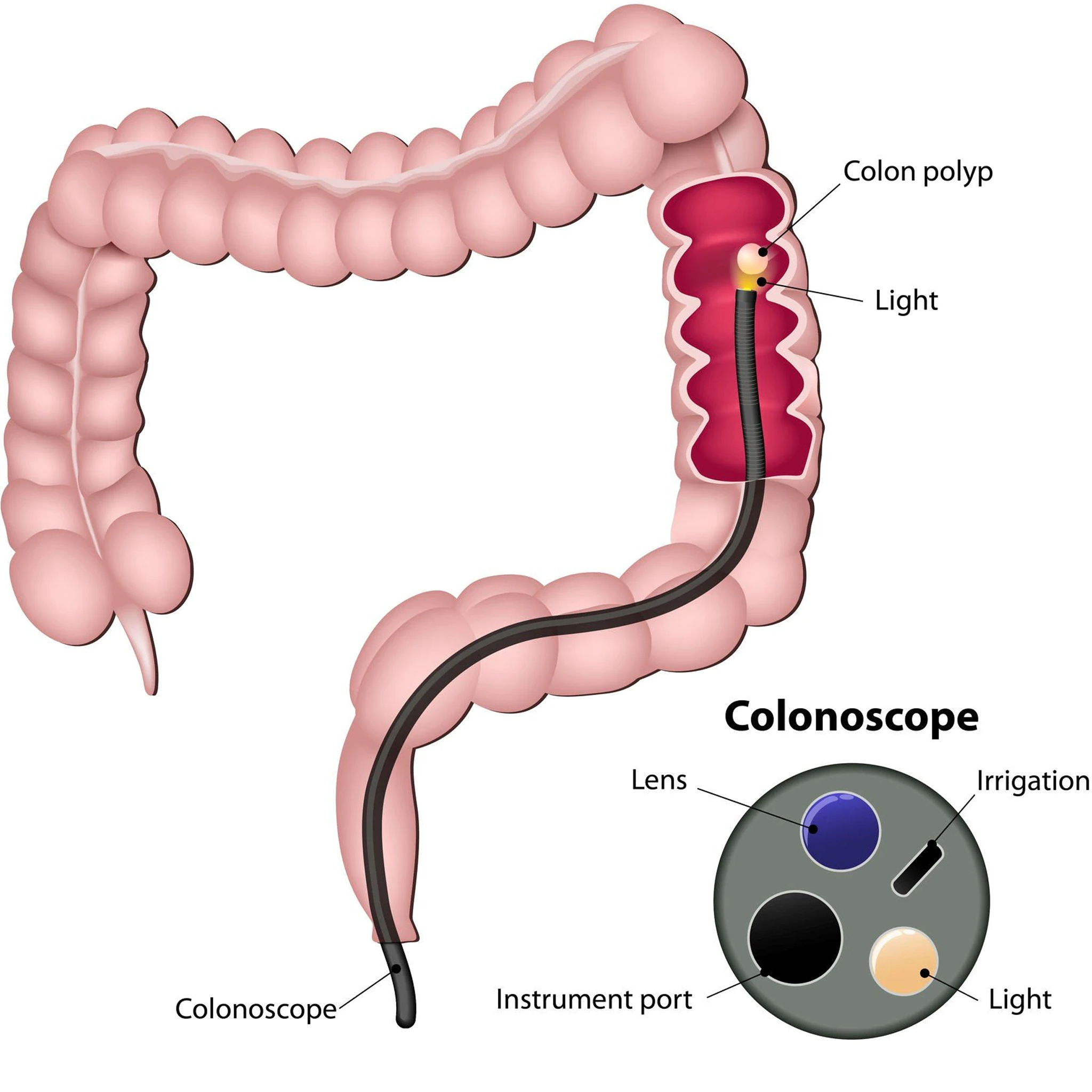Table of Content
Some symptoms like abdominal pain, gas, and diarrhea... They can make it difficult to go out in public for any amount of time. It can feel limiting and isolating and lead to depression. Staying informed can help a lot in feeling like you're in control of your condition. Talk to a therapist, especially one familiar with inflammatory bowel disease.

This article discusses different tests used to diagnose Crohn's disease. Recognizing the symptoms of Crohn's is important, but only a doctor can make an official diagnosis of Crohn's. If you are concerned about the costs of managing your care or your health insurance coverage, we can help you find financial resources. While a biopsy sounds scary, medical advances have made this procedure virtually pain-free. Your biopsied tissue will be analyzed in a pathology laboratory and screened for disease. Biopsies are also used for colorectal cancer screening.
Crohn's disease
A primary care physician or specialist may offer treatment options to manage symptoms during the diagnostic process. Doctors may also provide connections to local support resources, mental health support, and research opportunities. Both Crohn’s disease and ulcerative colitis are chronic (long-term) diseases that involve inflammation of the gastrointestinal tract . However, there are important differences between the two. Faecal calprotectin is a substance that is released into the intestines in excess when there is any inflammation there. Its presence can mean a person has an inflammatory bowel disease such as Crohn’s disease or ulcerative colitis.

You may require surgery to widen the stricture or sometimes to remove the diseased portion of your bowel. It's possible that a virus or bacterium may trigger Crohn's disease; however, scientists have yet to identify such a trigger. They may include medications, surgery, and nutritional supplements. Even with good control, this disease is hard to predict. They may come on slowly or hit you without warning. You might go years without any, only to have a flare come out of nowhere.
Things You Should Know About Nutrition and IBD: Q&A With a Registered Dietitian
As with a sigmoidoscopy, the colon must be clear of stool, and will require preparation prior to the procedure. A colonoscopy may be performed to determine the progression and extent of Crohn's disease. This procedure is performed at a hospital or a specialist outpatient center. Typically, an anesthetic is used to numb the throat alongside a light sedative to keep the patient relaxed throughout the procedure. There are two kinds of endoscopy used in the diagnosis of Crohn's disease.

And at some point, your general practitioner may want to refer you to a specialist called a gastroenterologist like myself. A blood test can check for anemia and check for signs of infection. A stool study can test if there's blood present or rule out certain pathogens. This also allows your doctor to view your entire colon and the very end of the ileum using an endoscope, a small camera mounted on a thin flexible tube. They can take tissue samples for a biopsy at the same time. And the presence of granulomas or clusters of inflammatory cells, can essentially confirm the diagnosis.
Know the basics of Crohn’s or UC
Sounds like it will be a really great step forward for getting timely measures of inflammation levels and will help us monitor disease activity levels more closely. Smokers also tend to have more flares, more complications, and need higher doses of steroids and other medications. So quitting can lower your risk of these problems. It may take you a few tries to kick the habit, but it's worth it, so keep at it! Ask your doctor about a program to help you make this change.

The type of lab tests performed will depend on a patient's symptoms and the diseases being considered. It causes swelling of the tissues in your digestive tract, which can lead to abdominal pain, severe diarrhea, fatigue, weight loss and malnutrition. A personal medical history is very important when seeing doctors during the diagnostic process. Write down when symptoms began, how the symptoms changed over time, previous doctor visits and tests, and any treatments that have been tried.
We are by your side as you navigate the diagnostic process, letting you know what to expect each step of the way. Answer 5 quick questions and get 3 customized, timely steps to help you and your doctor take action with your disease. Your doctor relies on what you tell him or her to get the full picture of how your disease is affecting your life. Use resources like the Doctor Discussion Guide to help make appointments go a little more seamlessly.

Crohn's disease is a type of inflammatory bowel disease that is characterized by inflammation of the gastrointestinal tract. Ask your healthcare providers what to expect during the procedure and if there are any risks to consider. Your doctor may order diagnostic testing to look for signs of Crohn’s disease and rule out other possible medical conditions. If you have any questions about this AbbVie Inc. website that have not been answered, contact us. The content on this site has been created solely for US residents. It is intended for informational purposes only, and should not be used to replace a discussion with a healthcare professional.
Some of these therapies may have side effects themselves. So be sure and review the risks and benefits with your doctor. Your general practitioner may refer you to a gastroenterologist for diagnostic lab tests.

Pack contents include all items required to obtain and effect a result from which further medical diagnosis/treatment can be determined. This test is fully CE approved for medical/professional use. If any positive result is obtained it is important the patient seek immediate medical advice. It’ll help control the inflammation that can damage your digestive system.









